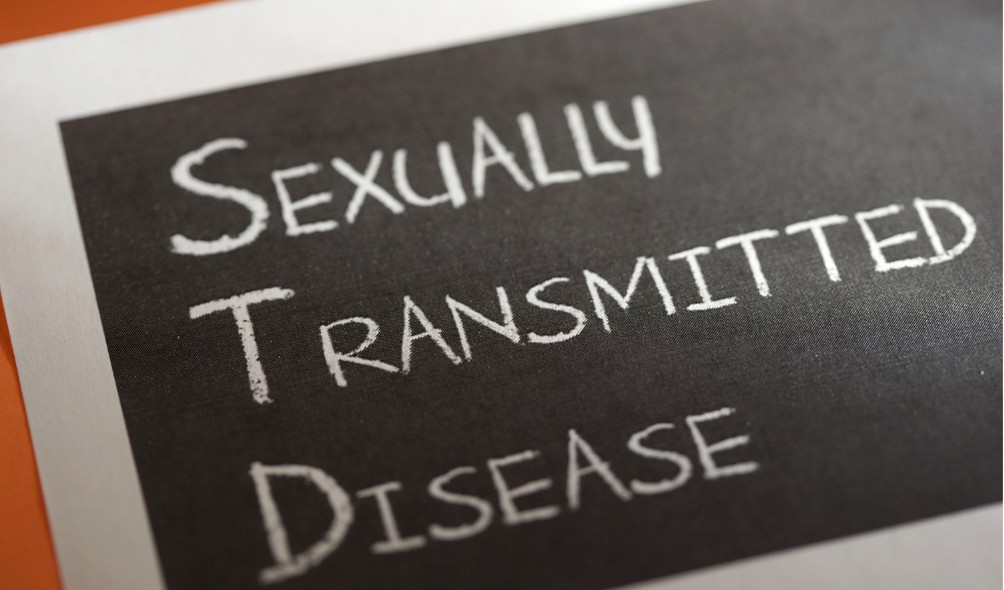Diseases are medical conditions that affect the regular functioning of your body. The disease may come in a variety of forms, one can be highly infectious and contagious to others appear to be mild and not contagious. Most of the diseases get transmitted due to a lack of healthy lifestyle habits or spreads from other people. One such disease is Sexually Transmitted Disease that can cause severe illness and may even lead to death if not addressed in the early stages.
In this article, we walk you through what STDs are, what Chlamydia is, the symptoms of Chlamydia, their diagnosis, and much more.
What are STDs?
Sexually Transmitted Diseases are a type of infection that primarily transmit via intimate contact between partners. It is estimated that nearly 1 million new cases of STDs are acquired and reported every day across the globe according to the study from World Health Organisation (WHO).
Symptoms of STDs vary according to the type you have acquired. General symptoms of an STD include dry cough, fever, itching, genital discharge, rashes, abdominal pain, and similar other conditions.
Types of STDs
There are more than 20 different types of STDs and not all STDs are the same, though they share the same carrier of transmission. When it comes to STDs, it is HIV that strikes our mind as the most common one and deadliest ever. However, today HIV is not the most commonly reported type. Proactive measures are taken by governments across the globe in spreading the knowledge about these diseases and technological advancements in detecting the HIV antibody in the earliest stages have resulted in reduced cases.
In recent years, other types of STDs have accelerated across the globe, they include Chlamydia, Gonorrhea, Herpes, and Syphilis. Other than these, the following are the most commonly reported types –
- HPV
- HIV
- Trichomoniasis
What is Chlamydia?
Chlamydia is a type of STD that is caused by a bacterium called Chlamydia Trachomatis that is highly transmissible in intimate contact with an infected person. According to the Centers for Disease Control and Prevention (CDC), there were more women affected by Chlamydia than men in the US.
Symptoms of Chlamydia
As is the case with most of the other STDs, the symptoms of Chlamydia do not exhibit as soon as you are exposed to the bacteria in the first place. In some cases, it takes a few days and in some people, it can also take several weeks for the symptoms to show up.
Following are the most commonly seen symptoms of Chlamydia in men and women –
- An abnormal vaginal discharge
- A burning sensation when urinating
- A discharge from their penis
- A burning sensation when urinating
- Pain and swelling in one or both testicles (although this is less common).
How to Test for Chlamydia?
Living in the internet era, everything has become easier than ever as all the information and products needed are just one click away. Testing for Chlamydia can be done with the help of a lab technician and a nearby lab that provides STD testing. Diagnostics listing providers like DxSaver.com have a network with certified diagnostic laboratories across the United States. Get tested for Chlamydia in the US at an affordable price and at your nearby lab.
Testing for Chlamydia is as easy as getting tested for diabetes.
Can Chlamydia be Cured?
Unlike HIV and Herpes which have no cure due to their virology as the causing agent, Chlamydia is caused by bacteria that can be terminated with the help of antibiotics. If you are tested positive with Chlamydia, your doctor will assess your stage depending on the symptoms you experience and prescribe medications accordingly.
It is important to complete the full course of medication even though your symptoms have disappeared. There are high chances of the bacteria coming back alive if you stop your medication mid-way through the course.
Conclusion
All the diseases are of different types. Each disease has its own genome and biological nature of creating adverse effects in the human anatomy STDs like Chlamydia are not life-threatening conditions, however, they can lead to lifelong medical conditions like infertility and PCOS in women. Help spread the knowledge about STDs and Chlamydia to the people around you and let’s put a full stop to this STD epidemic.




